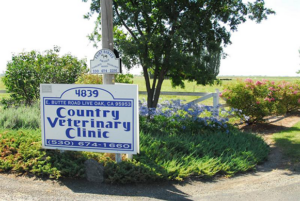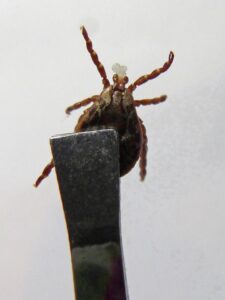March is Poison Prevention Awareness Month and the perfect time to remind yourself and others about what potentially harmful poisons may be present in your home. Poisoning is one of the leading causes of veterinary visits in the U.S. each year, and The Humane Society of the U.S. estimates that 10,000 cats and dogs alone die each year from exposure to just one of the many harmful toxins found in an ordinary American home.
Animals are naturally very curious creatures and often use their exceptional senses to explore the world around them. This means touching, sniffing, licking and eating new and interesting things that they come across. While some toxic substances may have a foul odor that is enough to put a pet off eating them, others look and smell extremely enticing. Some, like antifreeze, even taste good at first. Unfortunately, depending on the toxicity of the poison, sometimes consuming even just a small amount is enough to make your pet extremely sick.
However, while they are extremely not all incidents of poisoning involve ingestion. Sometimes your pet may experience a reaction from brushing up against a toxic substance, or from inhaling fumes or gas. While our homes often feel like the safest place on the planet, there are a surprising number of toxic substances within our walls, many of which that seem completely harmless.
To help you be the best pet parent that you can be, we have put together this short guide to some of the most common at-home pet poison risks.
Human Food
It may surprise you to learn that human foods are one of the biggest contributors to poisoning cases in pets the in U.S. While there are many foods that you can safely share with your pet, there are also many that you shouldn’t because they could cause your animal to become unwell. Reactions range from moderate to severe, and in some cases, eating human food can be fatal for a furbaby. Some of the produce that you should avoid giving your pet include whole foods or foods containing:
– Chocolate
– Grapes and raisins
– Onion and onion powder
– Garlic and chives
– Fruits that contain pits and seeds
– Nuts
– Raw yeast dough
– Avocado
– Foods that are particularly high in salt or fat
– Anything that contains Xylitol – an artificial sweetener found in products such as sugar-free gum and candy
Plants And Flowers
While they may look pretty, many indoor and outdoor plants and flowers are toxic – even to humans. Your pet doesn’t even need to consume the leaves, stems or flowers to become sick, even coming into contact with the sap, pollen or water that it may be standing on is enough to cause a reaction. Some of the main plants and flowers to avoid include:
– Amaryllis
– Autumn crocus
– Azalea
– Bird of paradise
– Clematis
– Daffodil
– Dieffenbachia
– Kalanchoe
– Larkspur
– Lily (most varieties)
– Mother-in-Law’s Tongue
– Oleander
– Poinsettia
– Rhododendron
– Sago Palm
– Tulip
We thoroughly recommend avoiding having these and other toxic plant and flowers in your home unless your pet is under complete supervision around them.
Other Common Household Items That Are Toxic To Pets
There are a range of other items that you may have around your home and in your garage or yard that could also pose a risk of poisoning to your pets. The best way to prevent your animal from becoming ill as a result of exposure to these toxins is to ensure that your pet doesn’t have unsupervised access to them. Put the following and any other toxic substances out of reach or in a locked container:
– Cleaning products
– Dishwasher detergent
– Fabric detergent and softener
– Human medications
– Pet medications
– Toothpaste and mouthwash
– Nail polish remover and perfume
– Other personal hygiene products
– Insecticides and rodenticides
– Fertilizer
– Paint and glue
– Pool chemicals
– Gasoline
– Engine oil, washer fluid, brake fluid, antifreeze & other vehicle fluids
Our veterinarian is the best person to help you keep your pet safe from harm. For a more information on at-home pet poison risks, Contact Us and make an appointment with our veterinary team.



